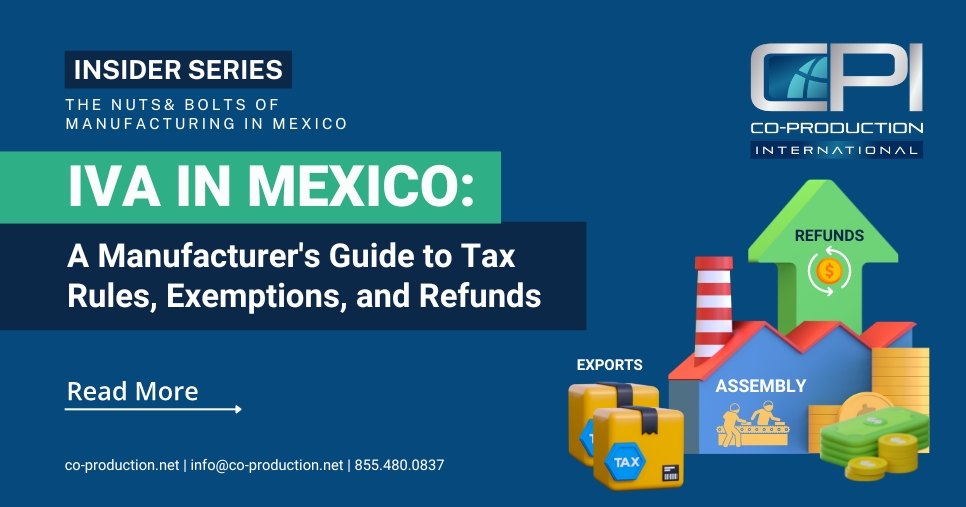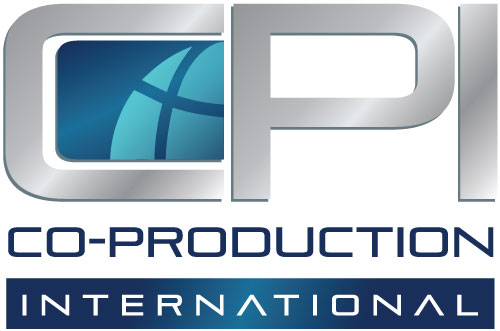TIJUANA — On a clear day, David Mayagoitia can spot Point Loma from the roof of the Tijuana Economic Development Corporation, or DEITAC.
Mayagoitia, chairman of the organization, points in different directions from that roof, indicating where several of Tijuana's more than 570 industrial manufacturing facilities are spread. He also looks across the U.S.-Mexico border, which he sees as more of an opportunity than a barrier.
Mayagoitia doesn't look at Southern California and Baja California as two disparate regions. He prefers to imagine them in the context of a larger "mega region" that includes the six uppermost states of Mexico and California, Arizona, New Mexico and Texas. The corridor stretching from Los Angeles to Tijuana marks the industrial center of this zone, he said.
"Tijuana owes its industrial development to California," said Mayagoitia, who lives in Chula Vista.
Cross-border economic investment has long been the focus of his work: Mayagoitia has been with DEITAC since its founding in 1989. The group works to attract foreign investment to Tijuana's large industrial sector — whether from companies in San Diego County or from countries as far away as Japan and Korea.
Mayagoitia recently spoke with U-T San Diego about DEITAC and dynamics of the "mega region." Here is the edited conversation.
Q: Can you break down the main functions of DEITAC?
A: First is the continued attraction of industry to the region. Our primary focus on those types of industries has been in medical devices, electronics, aerospace and renewable energy — new types of industries.
The second focus is to bring together a closer working relationship with San Diego. While we have said it many times, the truth of the matter is that in the past, nobody in San Diego has really paid attention to Tijuana.
The third function is being able to innovate and produce our own products for export.
Q: How would you describe the relationship between Tijuana and San Diego County, and more broadly, California?
A: Over the years, (Tijuana's) biggest partners have been California companies. That doesn't mean that we're limited to California companies, however. We have a very good presence of Japanese and Korean companies and, of course, companies from other states of the United States. About 70 percent of all companies in Tijuana are U.S. firms or related to U.S. firms.
Q: How does DEITAC attract and retain foreign companies' investments?
A: When you come to a foreign country, there are two ways to arrive: Either without knowing anything and not having anybody to help you, or having a group of experts that can help you sort out all the issues from taxes and accounting to legal — the types of problems you face when you set up a business in a foreign location.
Q: What are some common misconceptions that stand between San Diego and Tijuana?
A: (Tijuana's) biggest problem with San Diego and California is the perception of insecurity. The state government has invested a considerable amount of money in improving our police force, increasing our level of technology and collaborating with United States agencies. Things have quieted down, but people don't know it.
The second perception is that we are somehow the third world, that this is a place of huge poverty. Tijuana is actually better off than most cities in Mexico. Our average annual income, while it is definitely not like the United States, is $14,000 to $15,000 a year, which is not bad for Mexico.
Q: Which sector is growing most steadily in Tijuana?
A: Medical device manufacturing has been growing at double digits for the past year in spite of everybody's slowdown. This has to do with the fact that it's an industry that's related to things that happens all the time — people get sick, need to be operated on and need all sorts of appliances and hospital equipment. We're the No. 1 cluster in the North American continent for medical device manufacturing, and we see that industry continuing to grow for us.
We're probably going to get a sterilizing facility operating from this side (of the border) very soon. If that happens, many manufacturers who have product lines on the U.S. side, who have kept them on the U.S. side for sterilization reasons, will move them to Mexico.
Q: And if that industry moves to Tijuana, what does that mean for the United States?
A: The premise that moving "near shore" is going to take jobs away from the United States, is a mistake. Instead, the premise is this: If I become globally competitive, I will grow, and if I don't become globally competitive, I will tend to disappear. We are partners with California and the rest of the United States in making American companies globally competitive. Why? Because we can bring to the equation a cost opportunity that they could not find anywhere else except for China.
Q: On a broader level, why is the "mega region" important?
A: If you look at the four southern states of the United States and the six northern states of Mexico, together they are 94 million people and have an equivalent gross domestic product to the fourth-largest economy of the world, Japan. If you look at this border, the largest industrial concentration is from Los Angeles to Tijuana. When you look at that block, it's a completely different perspective and it's a growth area.
Q: You've been with DEITAC since its founding. If you were to take a bird's-eye view of the region, what trends do you see and what has been the larger trajectory of the area?
A: I've been saying for 20 years that San Diego and Tijuana have missed a lot of opportunities because we haven't partnered together. We could become Hong Kong tomorrow if we wanted to.
Q: The 2007-2008 recession greatly impacted the U.S. economy. How did it affect Tijuana?
A: Our biggest shock came in 2002-2004, when we lost 35,000 employees and 150 companies to China. China roared and our companies, just like the United States', ran to China. Our biggest partner is the United States, and if they're hurting, we're hurting. We've recovered some of our jobs from internal growth, but we haven't been able to attract more foreign companies because they have slowed down their investment.
It seems to me the shock was like a brake: Our partners hit the brakes and we put on the brakes with them. And the coat-tails are really big. Now if you look at things, they're very fragile.
Q: And what do you think of Mexico's recent presidential election, which Enrique Peña Nieto has won?
A: What do I think economically? The country will continue to prosper and if Peña Nieto actually delivers what he promises — energy legislation that changes the core of energy in this country — and if he delivers labor legislation that facilitates employment in this country, we will see the country grow at a higher rate than it has been in the past year.
I think federal intervention and nationalistic-type attitudes have slowed our growth, rather than helped it. We're growing at 4.5 percent or 5 percent, but we could be growing at 8 or 9 if we didn't have these brakes on our economy caused by things that were established 50 or 60 years ago that are nonfunctional in today's environment.
By Loic Hostetter

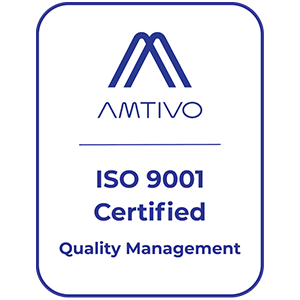
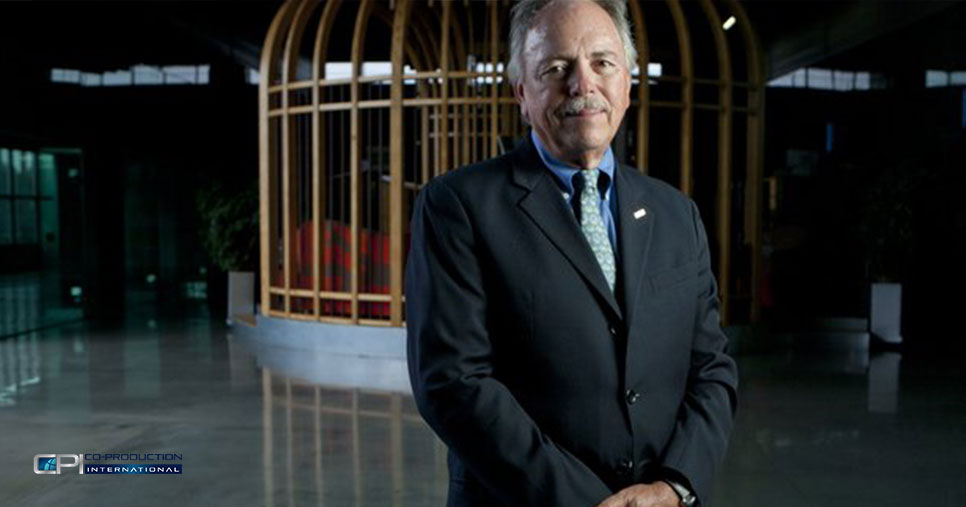

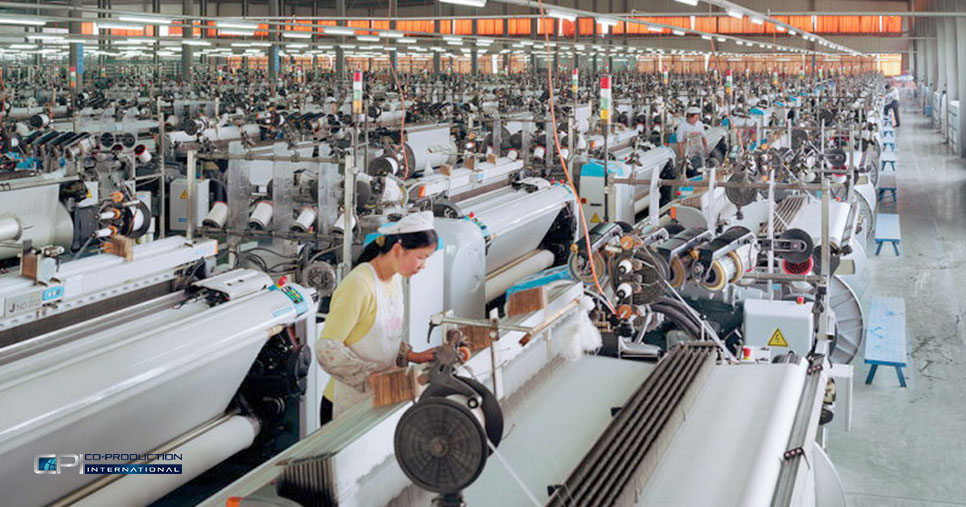
.png)
